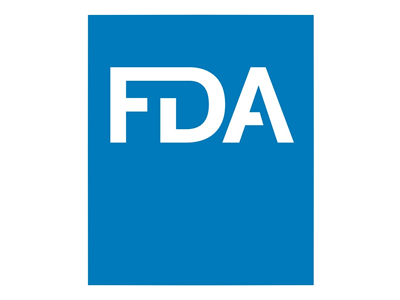COVID-19 Update: FDA Authorizes Monoclonal Antibodies for Treatment of COVID-19 – Drug Information Update

Today, the U.S. Food and Drug Administration issued an emergency use authorization (EUA) for bamlanivimab and etesevimab administered together for the treatment of mild to moderate COVID-19 in adults and pediatric patients (12 years of age or older weighing at least 40 kilograms [about 88 pounds]) who test positive for SARS-CoV-2 and who are at high risk for progressing to severe COVID-19. The authorized use includes treatment for those who are 65 years of age or older or who have certain chronic medical conditions.
In a clinical trial of patients with COVID-19 at high risk for disease progression, a single intravenous infusion of bamlanivimab and etesevimab administered together significantly reduced COVID-19-related hospitalization and death during 29 days of follow-up compared to placebo. The safety and effectiveness of this investigational therapy for use in the treatment of COVID-19 continue to be evaluated.
Bamlanivimab and etesevimab are not authorized for patients who are hospitalized due to COVID-19 or require oxygen therapy due to COVID-19. Treatment with bamlanivimab and etesevimab has not been studied in patients hospitalized due to COVID-19. Monoclonal antibodies, such as bamlanivimab and etesevimab, may be associated with worse clinical outcomes when administered to hospitalized patients with COVID-19 requiring high flow oxygen or mechanical ventilation.
Under the EUA, fact sheets that provide important information about using bamlanivimab and etesevimab administered together in treating COVID-19 as authorized must be made available to health care providers and to patients and caregivers. These fact sheets include dosing instructions, potential side effects and drug interactions. Serious and unexpected adverse events including hypersensitivity, anaphylaxis, and infusion-related reactions have been observed with bamlanivimab with and without coadministration of etesevimab. In addition, clinical worsening following bamlanivimab administration has been reported, although it is not known if these events were related to bamlanivimab use or were due to progression of COVID-19. Possible side effects of bamlanivimab and etesevimab administered together include nausea, dizziness, pruritus, and rash.

